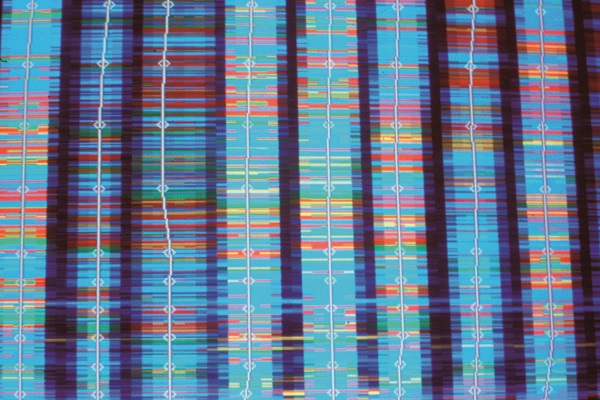On 3 September 2014, the scientific journal JAMA – Journal of the American Medical Association – published the results of a study carried out between 1998 and 2011 involving 189,734 women living in California and diagnosed with breast cancer. Globally, whether these women had undergone standard treatments, namely surgical removal of the tumour, which may or may not have been followed by radiotherapy, or a double mastectomy, the study showed the same life expectancy.
This study is the first to attempt “a comparison of survival rates following the three main surgical procedures carried out to treat the disease,” explained journalist Jean-Yves Nau in his blog: double mastectomy (removal of both breasts), single mastectomy (focusing only on the diseased breast) or ablation of cancer tissues followed by radiotherapy. The main question to which scientists have endeavoured to reply is: “why are more and more women opting for breast removal“?
Amongst the women who participated in the study, “55 % had a breast tumour removed followed by radiotherapy, 38.8 % underwent unilateral mastectomy and 6.2 % a double mastectomy for curative and preventive purposes“. The scientists also state that “in 2011, 12 % of patients (compared to 2 % in 1998) suffering from breast cancer chose to undergo a double mastectomy“.
With this study, explained Dr. Jurian, from Stanford University, where the study originated, “we can now tell that a patient with breast cancer and undergoing a double mastectomy will not have a better chance of survival than someone whose tumour is removed and who is subsequently given radiotherapy” – this constitutes a “warning” explained Jean-Yves Nau.
In another article just published in JAMA, geneticist Mary-Claire King, recently awarded the Lasker Prize (Gènéthique press review on September 9th, 2014), recommended generalising genetic screening tests for BRCA1 and 2 gene mutations, which indicate a predisposition to breast and ovarian cancers.
Whilst geneticist Mary-Claire King appears convinced of the efficacy of this kind of test, other scientists are not. In fact, according to journalist, J-Y Nau, “many American experts believe that additional stringent studies are required before any conclusion can be drawn“. Scientists who “also emphasise the major economic impact of such an undertaking on the country [namely, the United States] where genetic screening (and its possible surgical sequelae) is (are) not covered by hospitals and institutions“.
Blog de Jean-Yves Nau 3/09/2014 – 09/09/2014

